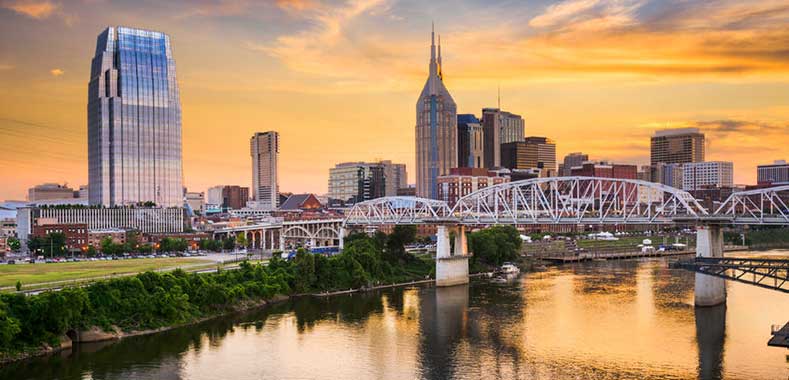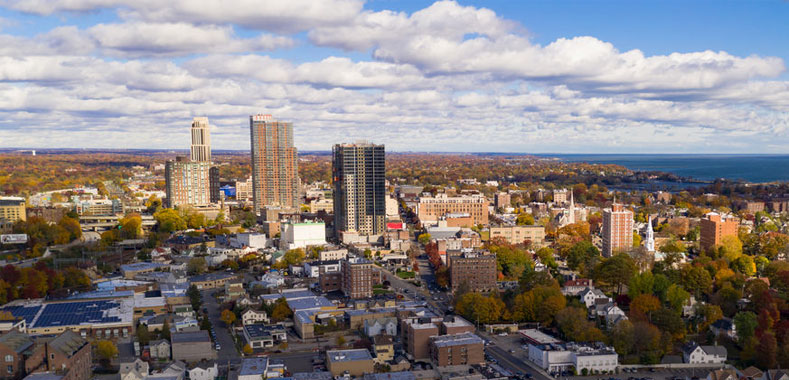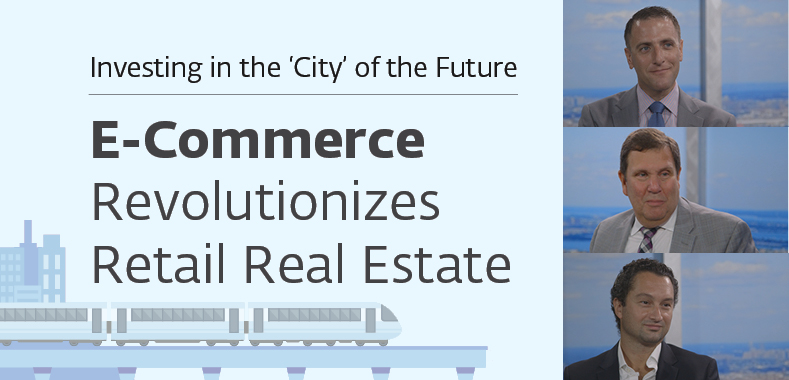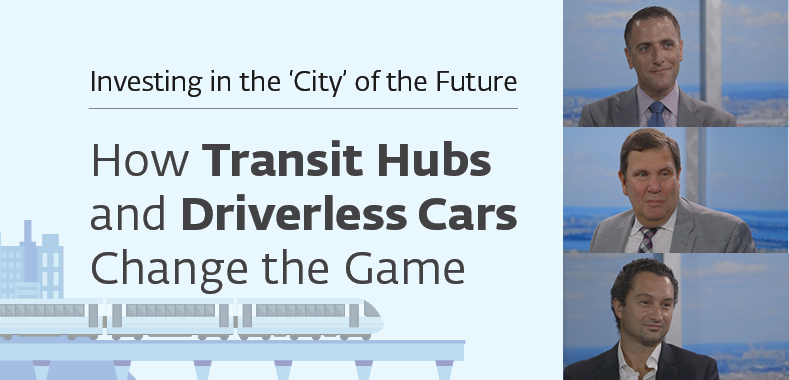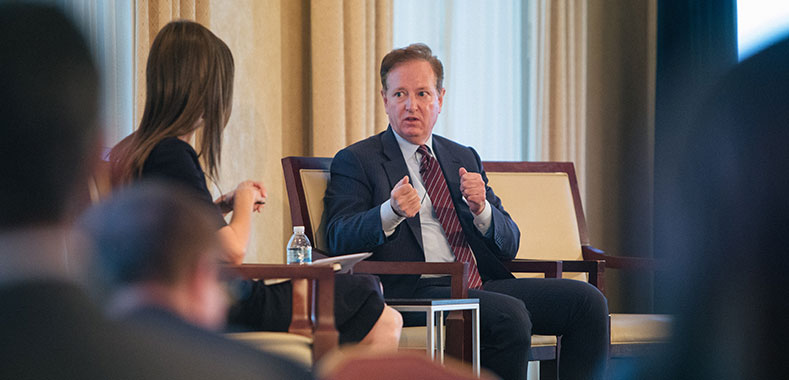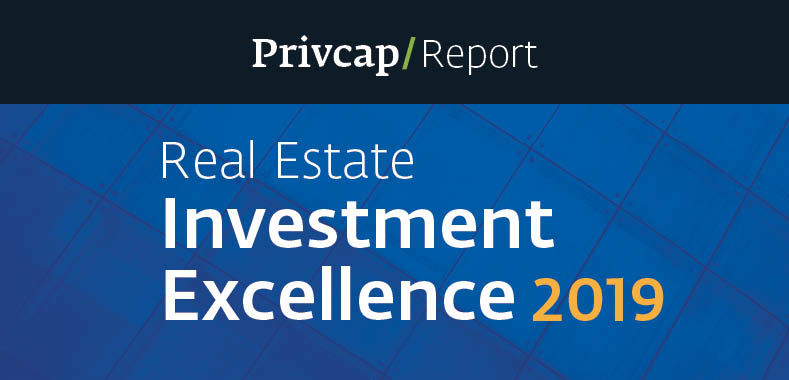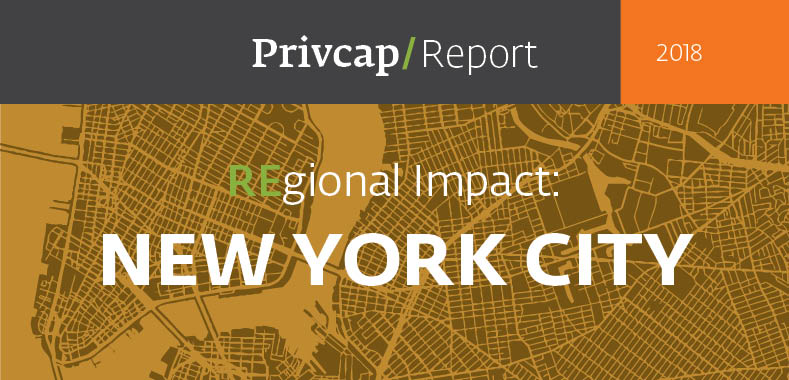‘Not Business Friendly:’ The Impact of Amazon’s Withdrawal From NYC
A veteran of NYC government affairs and institutional real estate investment gives his analysis on the recent negation of Amazon’s deal to create a second headquarters in Long Island City, New York City. Seth Pinsky believes that NYC remains highly attractive as a business destination but the politics around the Amazon rupture send the wrong message to the technology industry.
Transcript Download Transcript
‘Not Business Friendly:’ The Impact of Amazon’s Withdrawal From NYC
David Snow, Privcap:
We’re joined today by Seth Pinsky of RXR Realty, Seth thanks for being on Privcap today.
Your firm specializes investing in New York City and the surrounding New York region. I’d love to get your take on Amazon, withdrawing its deal to build up a second headquarters here in New York.
Pinsky: The good news for New York is that all of the strengths that attracted Amazon to New York in the first place that have attracted companies like Google—and even with Amazon’s withdrawal of its HQ2 project are going to continue to attract Amazon itself to expand in New York— remain in place. And none of that has changed because of the recent events in Long Island City. That being said, I think that there was a real opportunity with Amazon’s announcement that it would be locating its HQ2 project in Long Island City for us.
One, to spur growth of a new central business district in Long Island City. Which has been a goal of New York through multiple mayoral administrations. And two, for us to really undertake a step change in our place in the national and international perception when it comes to a role in the tech industry. And that role is actually very important for the future of the city, because we have a city that’s continuing to grow at a very fast pace, which means that we have to expand employment.
And the best way to expand employment is obviously to be a leader in the industries that are expanding the fastest, and technology in the 21st century is certainly among those industries. I think, unfortunately, that with Amazon’s announcement that it’s not going to be coming to Long Island City through its HQ2 project, what ends up happening is, one, it sends a signal to the marketplace that New York is not business-friendly—And that’s not a good signal for us to be sending.
I think what it says is that if you have an investment that requires a public approval process, it’s going to be very unpleasant. And that’s unfortunate. The second thing that I think it does is that it means that our growth trend will probably revert to the trend that we were on prior to Amazon’s announcement. Which was a steady growth and a growth that was occurring at a rate that I think all of us were very happy with, but we’re going to miss the opportunity to undertake that step change.
And so, nobody will ever really be able to measure where we could’ve been versus where we are. But in my opinion there will be a gap and it’s a gap that will be an unfortunate one for the future of our city.
David: I don’t think many New Yorkers are aware that as far as being seen as a center of technology and innovation, New York has long been in a distant third place behind Silicon Valley and then Boston.
Pinsky: Yeah, really. If you look at New York 10 years ago, I’m not even sure that people would have said that we were in third place. And what has happened which has really been a phenomenal evolution is that in the last 10 years New York has secured that third-place position. And some would argue that we’ve actually moved into second place. But even in third or second place, we’re a distant third or second to the west coast, and to the Bay area.
And for us to continue to grow and to compete with the west coast, we need certain catalytic changes to happen. And one of those catalytic changes, which I had the honor of participating in when I was with the Bloomberg administration, was the creation of the Cornell and Technion Campus on Roosevelt Island. But the move by a major tech player like Amazon of a headquarters facility to New York City would be another example of that kind of catalytic commitment. And unfortunately, with their leaving, we lose that catalysis, but there’s still, I think, the opportunity for us to secure it.
Hopefully with continued investment by companies like Amazon, but also by Google and others. And hopefully at some point down the road we’ll have the ability to either attract another company like Amazon, or to create our own here in New York.
Snow: Final question for you: What do you think of the criticism brought by people who are against the Amazon deal, that the concessions and the incentives set up by New York City were just ludicrous and not fair? Were those overstating the extent to which the city had bargained with Amazon?
Pinsky: It’s perfectly fair for people to take Amazon to task for having set up a process that basically set communities against one another competing for the level of subsidies to offer to the company. And I think it’s also fair for people to question whether the deal that the city and state struck was the fairest deal. All of that being said, what frustrated me the most about the discussion relating to Amazon, was not that criticism.
And by the way, I personally happen to believe that even if the deal that was struck wasn’t the best deal, it was still a very good deal for New York. But even if people didn’t believe that, the engagement was not about the substance. And the engagement really was never about trying to make the deal better. It seemed to be about scoring political points. And the fact that some of the most vocal opponents of Amazon refused even to meet with the company, and in most cases the opponents refused to put anything on the table that was specific and realistic that they were looking for from Amazon, to me indicates that that opposition was more about political theater than about accomplishing things.
And that’s not good for New York. That’s not a way to govern. That’s not responsible governance by the elected officials who were in a position I think to secure some really meaningful concessions for their neighborhoods—and instead unfortunately are left with nothing.


